The United States Court of Appeals for the Fifth Circuit issued a ruling for Wages and White Lion Investments LLC, doing business as Triton Distribution, and Vapetasia LLC. These previously denied products will get another chance to obtain FDA approval to market their products, after the en banc Fifth Circuit Wednesday January 3, 2024, upended a panel ruling that had denied their requests for review of the agency’s orders.
Wages and White Lions Investments, L.L.C. (DBA Triton Distribution) v. the Food & Drug Administration is replete with forceful language criticizing the FDA's approaches, deceitfulness, and the grievous consequences it has triggered.
Fifth Circuit Rules Against FDA
From the very start of the passage, it's evident that the judges share a similar level of frustration with the FDA as the vapor industry does.
“Over several years, the Food and Drug Administration (“FDA”) sent manufacturers of flavored e-cigarette products on a wild goose chase. First, the agency gave manufacturers detailed instructions for what information federal regulators needed to approve e-cigarette products. Just as importantly, FDA gave manufacturers specific instructions on what regulators did not need. The agency said manufacturers’ marketing plans would be “critical” to the success of their applications. And the agency promulgated hundreds of pages of guidance documents, hosted public meetings, and posted formal presentations to its website—all with the (false) promise that a flavored-product manufacturer could, at least in theory, satisfy FDA’s instructions. The regulated manufacturers dutifully spent untold millions conforming their behavior and their applications to FDA’s say-so.”
“Then, months after receiving hundreds of thousands of applications predicated on its instructions, FDA turned around, pretended it never gave anyone any instructions about anything, imposed new testing requirements without any notice, and denied all one million flavored e-cigarette applications for failing to predict the agency’s volte face. Worse, after telling manufacturers that their marketing plans were “critical” to their applications, FDA candidly admitted that it did not read a single word of the one million plans. Then FDA denied that its voluminous guidance documents and years-long instructional processes meant anything. Why? Because, the agency said, it always reserved the implied power to ignore every instruction it ever gave and to require the very studies it said could be omitted, along with the secret power to not even read the marketing plans it previously said were “critical.” It was the regulatory equivalent of Romeo sending Mercutio on a wild goose chase—and then admitting there never was a goose while denying he even suggested the chase.”
Cf. William Shakespeare, Romeo and Juliet act 2, sc. 4.
They go on to criticize the FDA and their attitudes toward these rulings stating, “FDA justifies its behavior with two principal arguments. First, FDA argues that its years’ worth of regulatory guidance was not worth the paper it was printed on because it was hedged with cautious qualifiers and never guaranteed that any particular submission would be granted. Second, and most disturbingly, FDA argues that its capriciousness should be forgiven as harmless because the agency promises to deny petitioners’ applications even if we remand to make the agency follow the law. Today we reject both propositions. As the Supreme Court recently reminded us: “If men must turn square corners when they deal with the government, it cannot be too much to expect the government to turn square corners when it deals with them.” Niz-Chavez v. Garland, 593 U.S. 155, 172 (2021). No principle is more important when considering how the unelected administrators of the Fourth Branch of Government treat the American people. And FDA’s regulatory switcheroos in this case bear no resemblance to square corners. As for the agency’s harmless-error argument, the Supreme Court recently, unanimously, and summarily rejected it. Calcutt v. FDIC, 598 U.S. 623 (2023) (per curiam). We do the same here with the expectation that FDA will give petitioners the benefit of a full and fair regulatory proceeding on remand, notwithstanding its prior promises to reject their applications no matter what.”
When federal circuits present divergent rulings, particularly when they exhibit such uncommonly strong stances as seen in the various vape cases, it often signals a swift path towards the Supreme Court. In this scenario, the FDA seems poised for a significant legal challenge at the highest level, potentially facing a consequential reckoning.
American Vapor Association Weighs In
Here is the full Twitter thread from American Vapor Manufacturers.



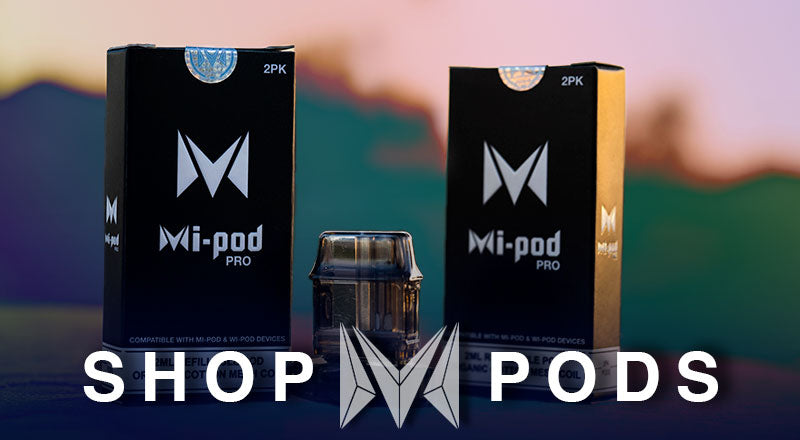
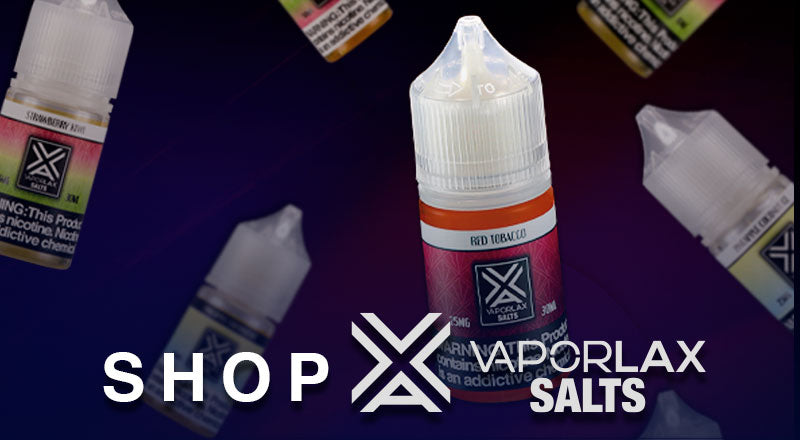
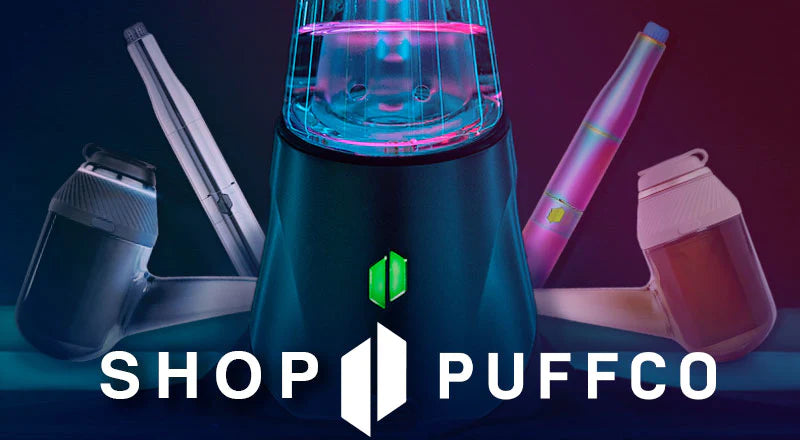

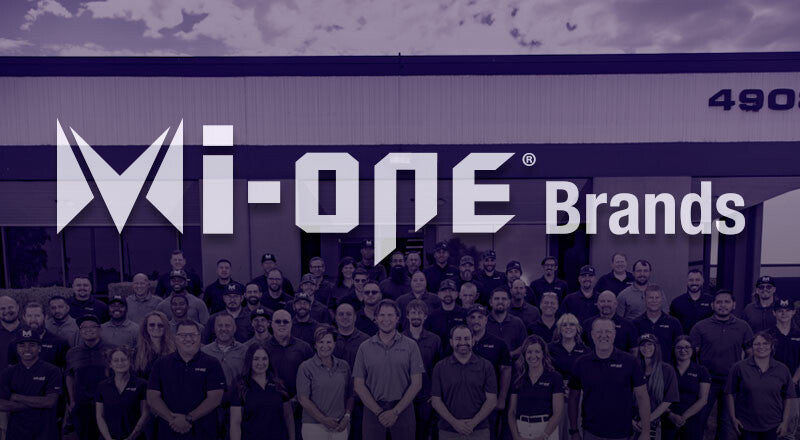
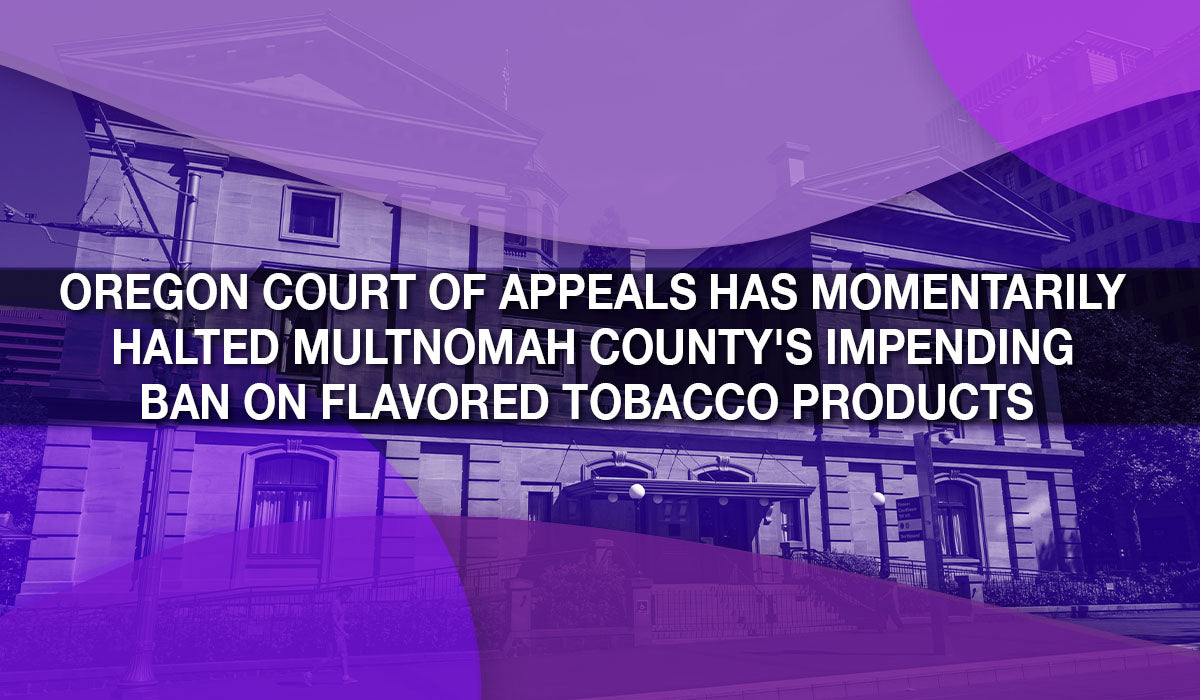
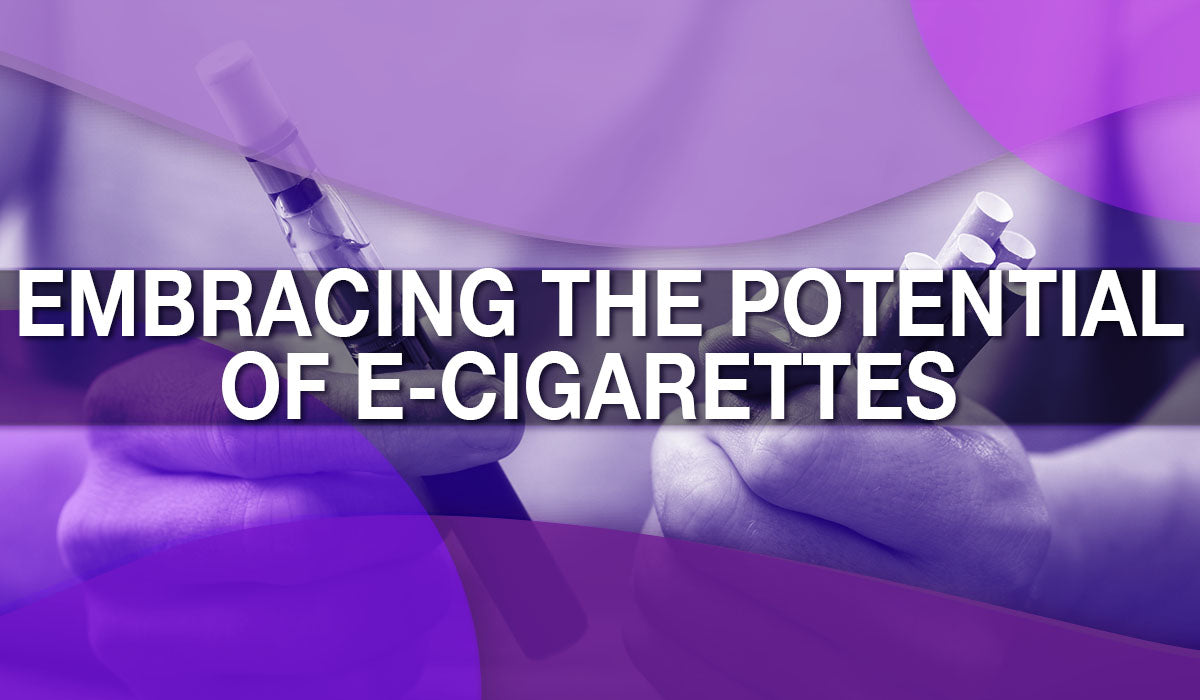
Leave a comment
This site is protected by hCaptcha and the hCaptcha Privacy Policy and Terms of Service apply.